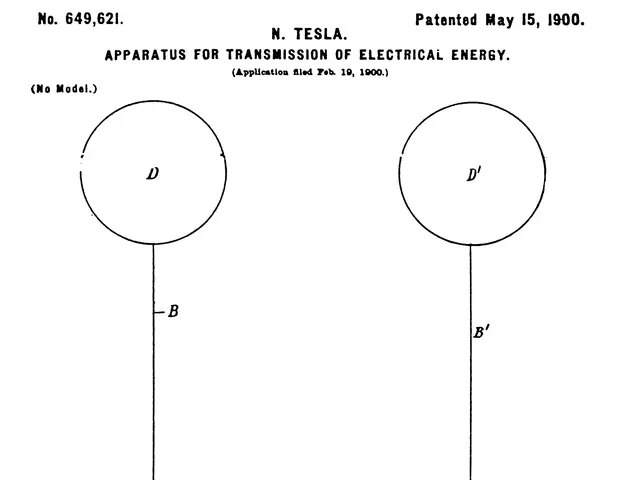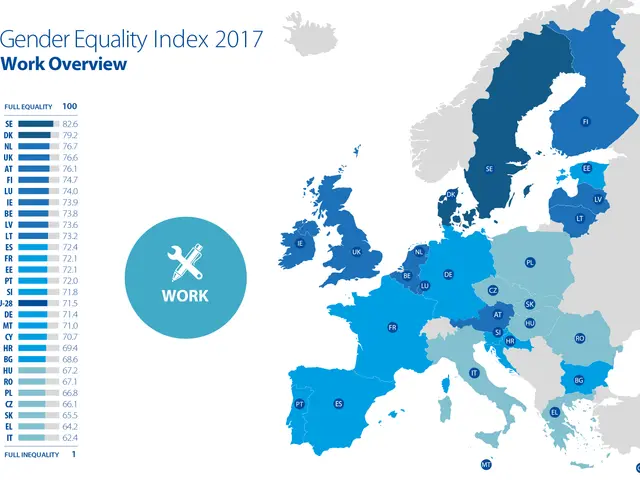EU Auto Industry Seeks Easier Emission Targets, Sparking Green Concerns
The European car industry is shifting gears towards cleaner technologies, with a focus on low-carbon fuels and reduced emissions in production. However, the European Automobile Manufacturers' Association (ACEA) is seeking to relax CO2 reduction targets, sparking concern among environmental advocates.
ACEA has proposed scrapping the 2027 'utility factor' for plug-in hybrids and seeking credits for manufacturing CO2 reductions, which Transport & Environment (T&E) warns could reduce electric vehicle (EV) sales by a total of 16 per cent. ACEA also wants vehicles running on carbon-neutral fuels to be counted as zero-emission, a move T&E director Lucien Mathieu argues would 'completely undermine' Europe's EV investment certainty.
Currently, only a handful of European countries manufacture electric vehicles, with China accounting for over 70 per cent of global output in 2024. The EU produced around 1.8 million battery electric vehicles (BEVs) in 2024, with Germany leading production. However, only three EU nations - the Netherlands, France and Germany - feature among the world's 10 most EV-ready countries. In contrast, efforts to curb air and urban pollution gained rapid traction in China due to its numerous mega-cities and government incentives.
ACEA's request to lower the EU's car CO2 reduction targets has raised eyebrows, given the industry's focus on cleaner technologies. The debate highlights the complex balance between environmental goals and industrial competitiveness in the European automotive sector.
Read also:
- Increase in train disruptions seen in 2021 by a factor of two
- Tesla introduces Model Y in China to bolster sales, causing stress for domestic competitors
- AI-Powered Geospatial Analysis: Elevating Insights through Spatial Knowledge
- Outlining a blueprint for eco-conscious journalism within the aviation sector








